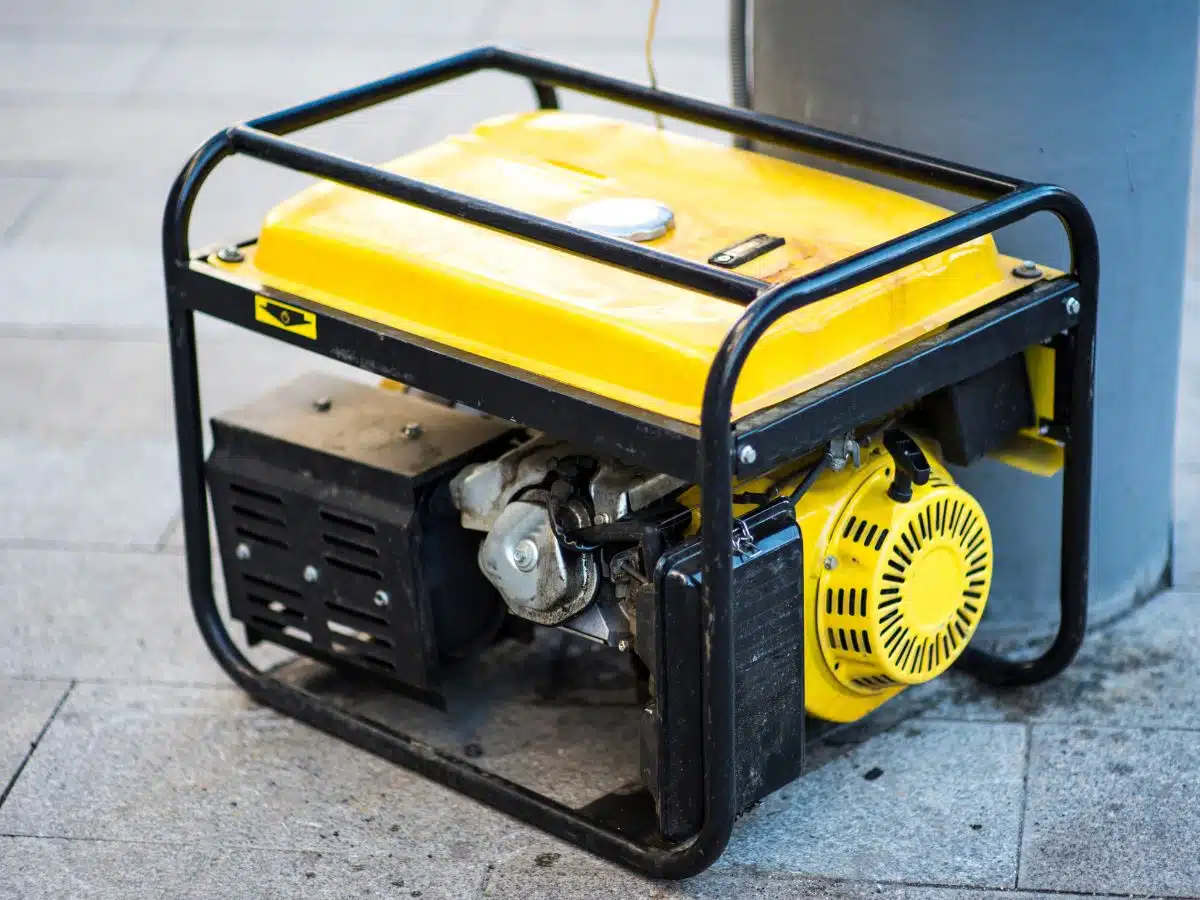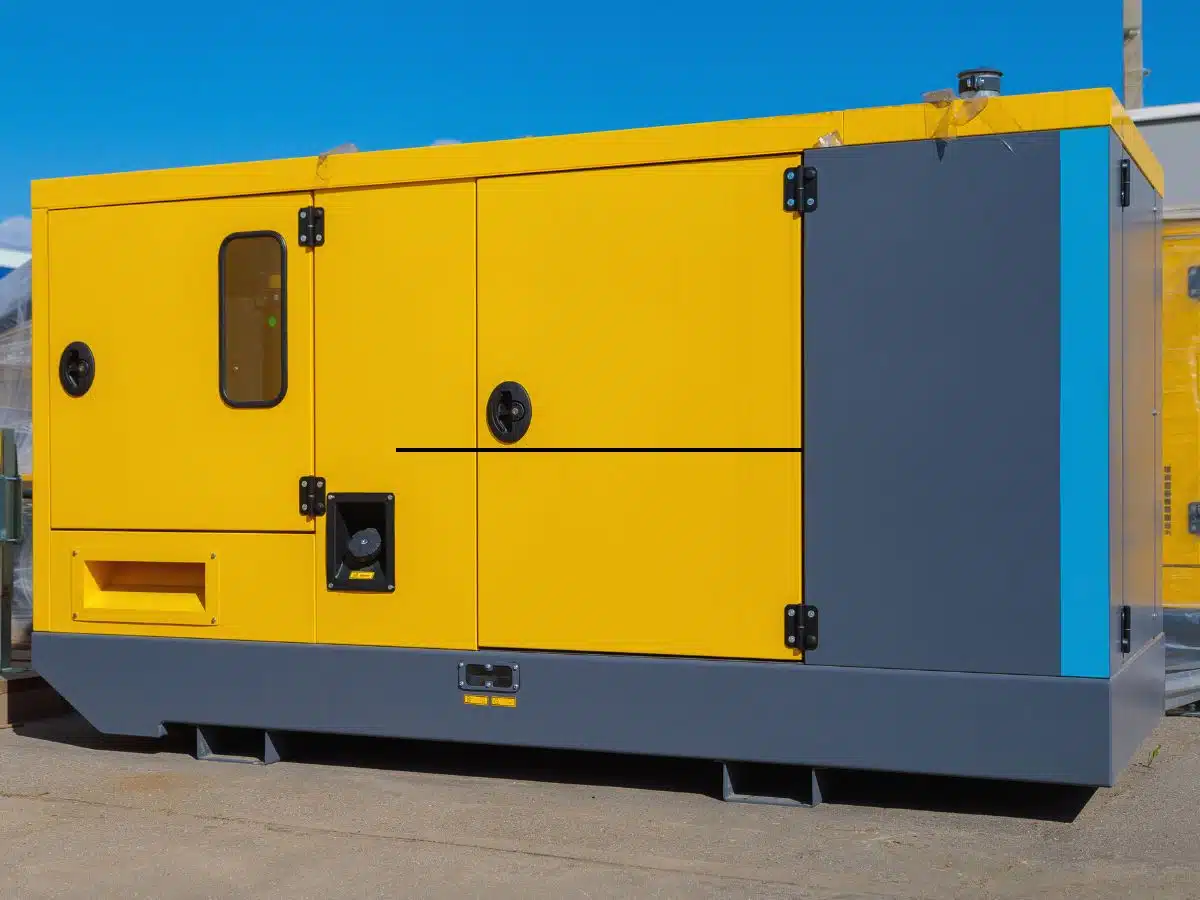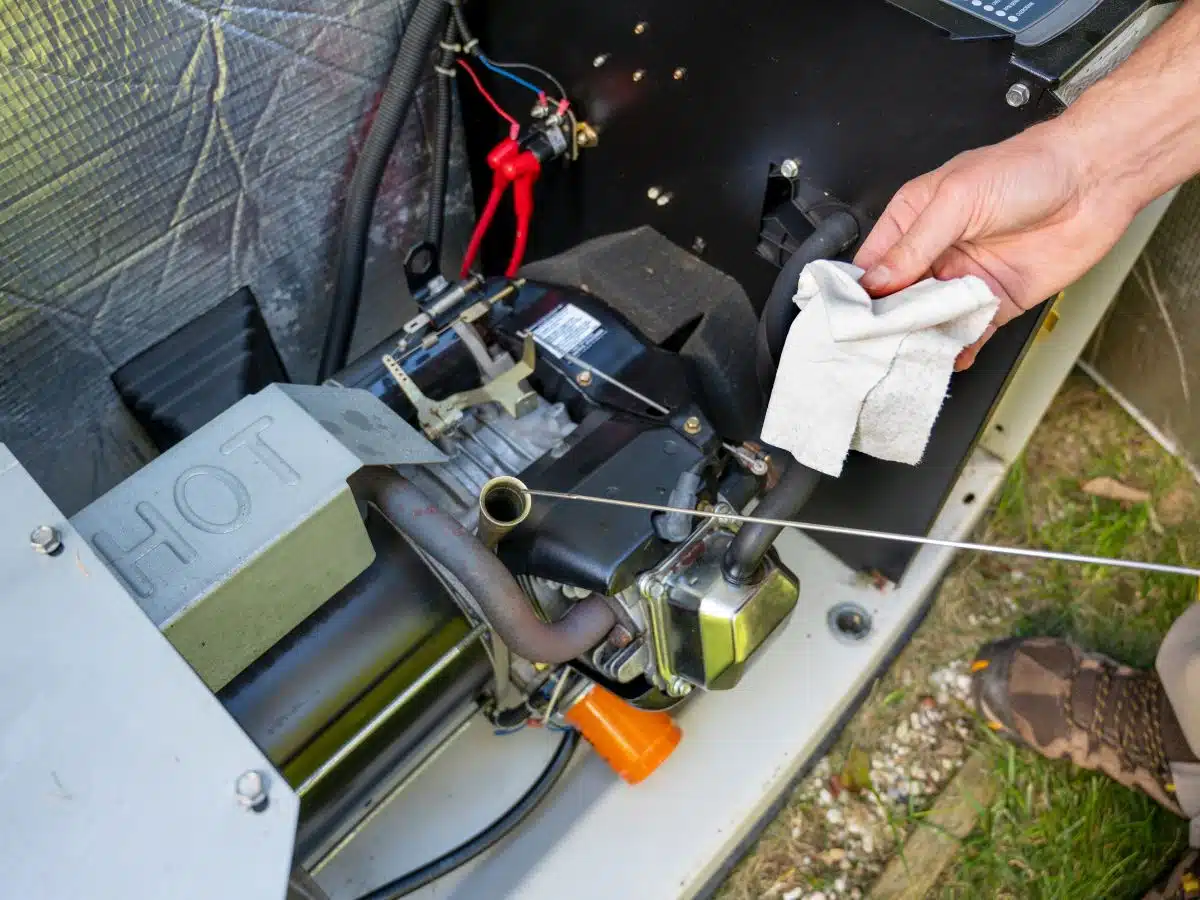Prepare Your Home Generator for Storm
Having a generator in your home can save you from a mountain of problems should the power go out. During cold, rainy weather, it can keep your home warm, and during summer, it can keep your home cool. However, even if a generator can act as a lifesaver, there are various things to first consider regarding how to pick a generator for the home. In this blog post, we share all you need to know about generators.
Kinds of Generators
People can choose from different kinds of generators, with each serving and functioning in a different way from the others. Here are just a few highlights between the differences and uses of each kind of generator.
Home Standby Generator
These generators start automatically whenever power goes out and can supply more power compared to the other options. However, it should be noted that these units will cost more money since they provide the home with more power. At the same time, they need to be installed by a professional, so be sure to factor in the labor costs. An experienced electrician will be able to assist you with noise restrictions, the proper location, and municipal permits.
Here are a few things to keep in mind with these units:
- A standby generator can self-diagnose and alert you when it needs maintenance. This can be done through email or text.
- With this unit, you can choose the fuel you use. We suggest using natural gas, which will provide you with an unlimited supply of power, or propane, which isn’t as risky to store compared to gasoline.
- These units can range between 5,000 to 20,000 watts.
- The typical cost for these units can range between $2,000 to $6,000. However, installation can easily double the price, which should be considered.
Inverter Generators
When you’re looking to prepare a generator for stormy weather, an inverter generator can function with much less noise compared to its conventional counterparts since they only work as much as your house demands it to. Due to this, they never have to function at full power all the time. These generators also have a more complex exhaust system, which also helps to limit noise. At the same time, these models cost more than comparable portable generators because of this innovation.
- An inverter generator runs much more efficiently and will produce fewer emissions, but you will still need to take the same precautions as you would when using a portable generator.
- These units will provide between 1,500 to 6,500 watts.
- An inverter generator may cost around $300 to $4,000.
Portable Generators
A portable generator can be used anywhere in and out of your property, but not inside an enclosed space. Even the best portable generator for storms can quickly create deadly levels of carbon monoxide. Be sure to run these generators at least 20 feet away from your home, as well as equipment like window AC units or central air conditioning. Furthermore, direct the exhaust away from other people’s properties.
Here are other things to remember when it comes to these units:
- A portable generator will cost less compared to a home standby generator, ranging between $400 to $2,500.
- These models will typically provide between 3,000 to 8,500 watts.
- Portable generators generally run on gasoline, so you may need to store them in large quantities. Additionally, a stabilizer will need to be added to your fuel to prolong its usage.
- Many portable generators may offer electric starting, but the battery needed for an electric start may not be included.
- When it rains, you’ll need to protect your generator with a canopy that’s specially designed for your model.
Things to Look for in a Generator
Electric Start
Many portable models will offer a push-button alternative to help users avoid the hassle of having to pull-start the engine. Stationary models may also have this option, and an added $50 cost may be applicable if the battery isn’t included.
Automatic Start
This is especially useful when the power goes off as it turns your unit on without you having to lift a finger. It is a particularly useful function to have if you work far from home and can’t get there in time for an emergency.
Fuel Gauge
Another useful feature to have is a fuel gauge, which will give you a way to see how much fuel is left in your generator.
Alternative Fuel Capacity
While many generator models run on gasoline, some can come equipped with a feature that allows them to run on two different fuel sources. Some come with a natural gas line or a propane tank, and others can be converted using a kit.
Low-Oil Shutoff
When the oil levels inside your generator run low, it can shut itself down to avoid damaging the engine. This is a typical feature on stationary generators, but is also becoming common on portable generators.
Home Generator Services You Can Trust
If you’re searching for home generator installers or a generator maintenance company, then look no further than Florida Power Solutions. Our team of professionals will ensure that you have a working and reliable generator whenever you need it the most.
For your home’s electricity needs, leave it to the best company in the state. Call us today for a free consultation and get started with your new generator.




